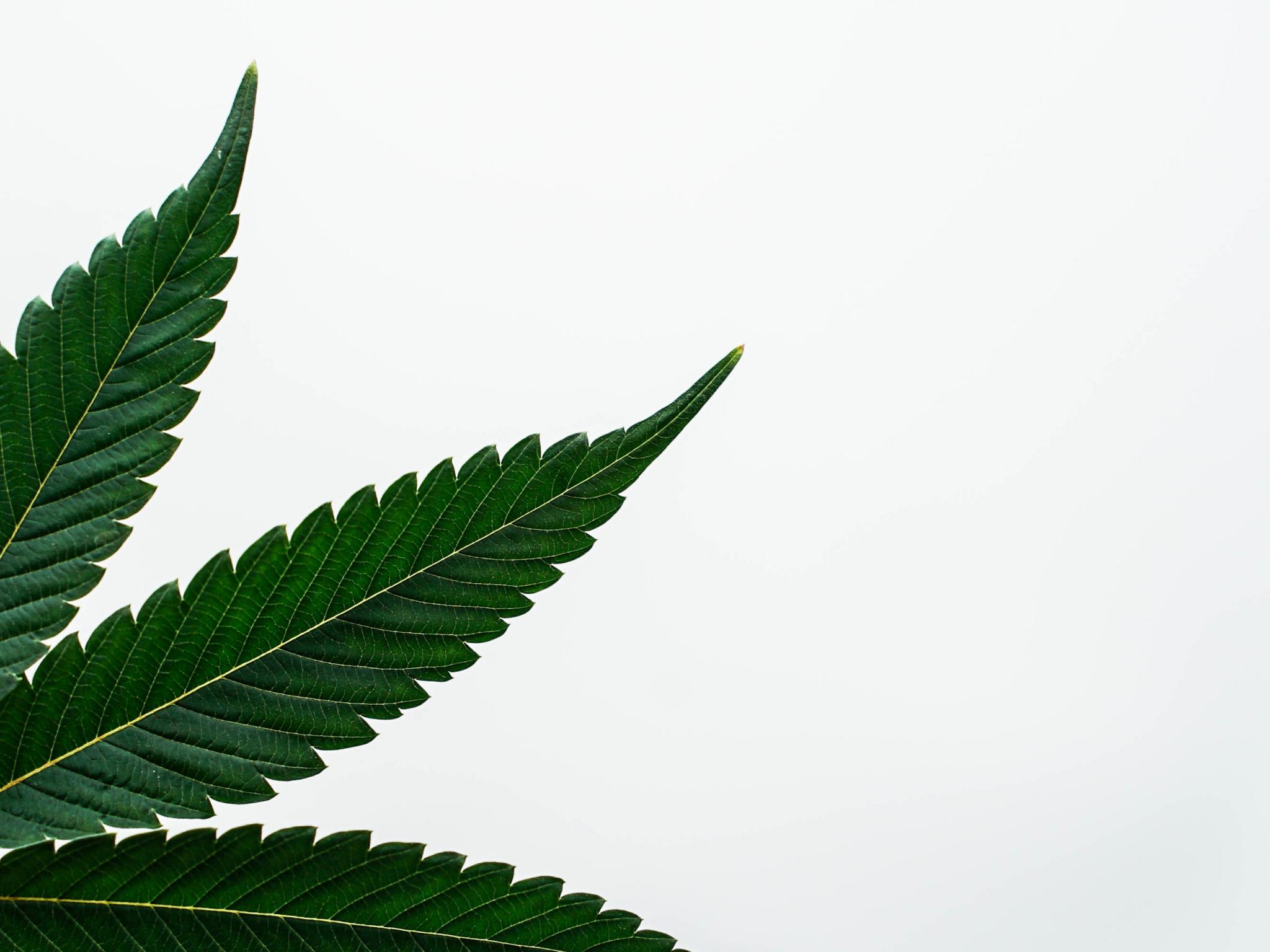
Arkansas voters defeated the recreational marijuana legalization ballot measure in Tuesday's midterms. The measure failed to receive enough votes, surprising many as a recent poll showed a comfortable majority of likely voters had favored the ballot measure. On Tuesday, however, voting broke down with 57% against legalization and 43% in favor.
Arkansas was one of five states voting on cannabis legalization in this year’s midterms. Only Missouri and Maryland voted in favor of legalizing adult-use cannabis.
Why Did The Measure Fail?
This time around, the proposed legalization measure was rejected by both marijuana opponents and advocates who argued that it was not comprehensive enough, reported Arkansas Advocate.
Melissa Fults, an advocate for medical marijuana patients, was against Issue 4 though on Wednesday she said she'd help lead a 2024 initiative effort. She has plans to partner with the attorney who drafted the 2016 medical marijuana amendment and that they'd address Issue 4’s shortcomings.
What Was In Issue 4?
The measure would have legalized cannabis use for people 21 and older and would authorize the commercial sale of marijuana with 10% taxes. Of the collected tax revenue, 15% was set to be used to fund an annual stipend for all full-time law enforcement officers certified by the Commission on Law Enforcement Standards and Training that they're in good standing.
Under the initiative, sponsored by the group Responsible Growth Arkansas, adults would have been allowed to possess up to one ounce of cannabis, while home growing would not have been allowed.
Furthermore, the measure would have enabled Arkansas' current medical marijuana licensees to sell cannabis at their existing locations and establish one additional location for commercial sales only. An additional 40 licenses would have been granted to businesses via a lottery.
The Alcoholic Beverage Control (ABC) Division of the Department of Finance and Administration would have been in charge of regulating the program and issuing cannabis business licenses.
The measure did not contain any provisions for expunging or sealing past criminal records for cannabis convictions or providing social equity licensing opportunities for people from communities most impacted by the war on drugs.
What’s Next?
“We’ll have expungement, home grow and greatly expand the industry and make it more affordable for everyday people to get into the industry,” Fults said.
A campaign official for Responsible Growth Arkansas told the Arkansas Democrat-Gazette on Tuesday that the group could introduce another amendment to voters in 2024.
“We are proud of what we have done and the first time in history that this has been on the ballot, and we are going to go back and look back at what we can do next time and bring it back to the voters in 2024,” said Robert McLarty, campaign director for Issue 4.
Eddie Armstrong, chairman of Responsible Growth, didn’t confirm any plans for another amendment in two years, though he stated, “Responsible Growth Arkansas was committed to responsibly expand the adult use of cannabis in Arkansas, attempting to become the first southern state to pass this through a citizens’ driven initiative on the ballot. While hundreds of thousands of Arkansans supported this effort it came up short in the end. We thank all those who worked to place this initiative on the ballot and supported our campaign with their voice and their vote.”
Opponents Also Have Plans
On the other hand, marijuana legalization opponents believe in their strengths as well. Jerry Cox, director of the anti-marijuana Family Council Action Committee said the organization plans to continue to fight against legalization.
“Any future recreational marijuana effort will be hampered by the fact that wealthy donors spent over $15 million on this campaign and came away with nothing to show for it,” Cox said. “They will think twice before doing that again. They took their best shot and failed. We took their best shot and won. It will be interesting to see how much money future efforts will be able to raise.”
Previous Cannabis Efforts In Arkansas
After securing more than enough valid signatures, the initiative to legalize recreational marijuana was turned down by the State Board of Election Commissioners in August 2022. The commissioners dismissed the amendment citing the lack of certain guidelines as the reason. More precisely, the commissioner rejected the measure on the grounds of the ballot title not being clear enough in terms of its impacts, with the main issue being the level of THC allowed in cannabis edibles.
Several hours before the initiative was rejected, Governor Asa Hutchinson encouraged law enforcement to “stand firm” against marijuana legalization, saying “Marijuana is a harmful drug.”
Quickly after, Responsible Growth Arkansas filed an appeal with the Arkansas Supreme Court to overturn a decision by the Arkansas Board of Election Commissioners that ban a proposed amendment to reach the November ballot.
The Arkansas Supreme Court ruled in September that voters can decide whether to legalize recreational cannabis, after all, overturning a decision by the Board of Election Commissioners.
"We give the ballot title a liberal construction and interpretation in order that it secure the purposes of reserving to the people this power," the court said. "And we recognize that it is impossible to prepare a ballot title that would suit everyone. With these standards in mind, we conclude that the ballot title at issue is complete enough to convey an intelligible idea of the scope and import of the proposed amendment."
Whatever happens next, it is clear that both proponents and opponents will continue to fight with all their strength for what they believe.







